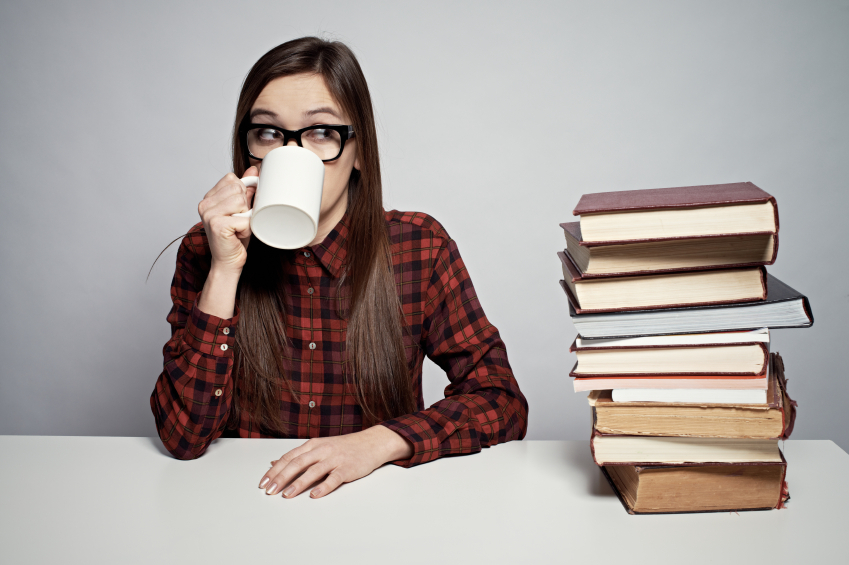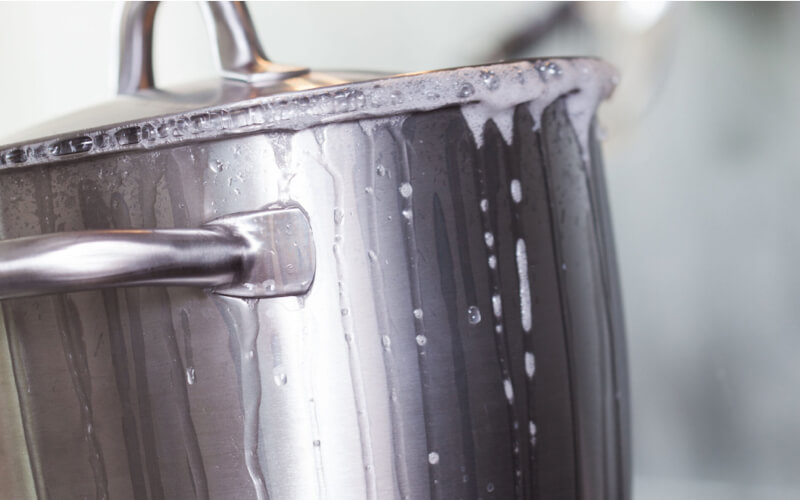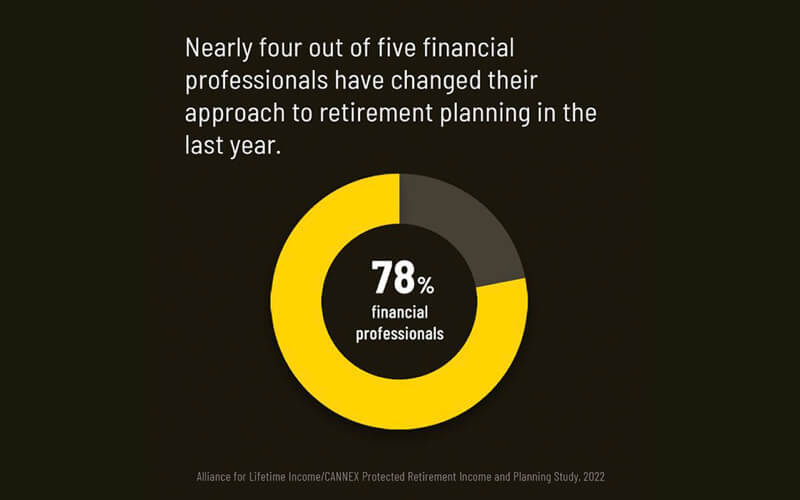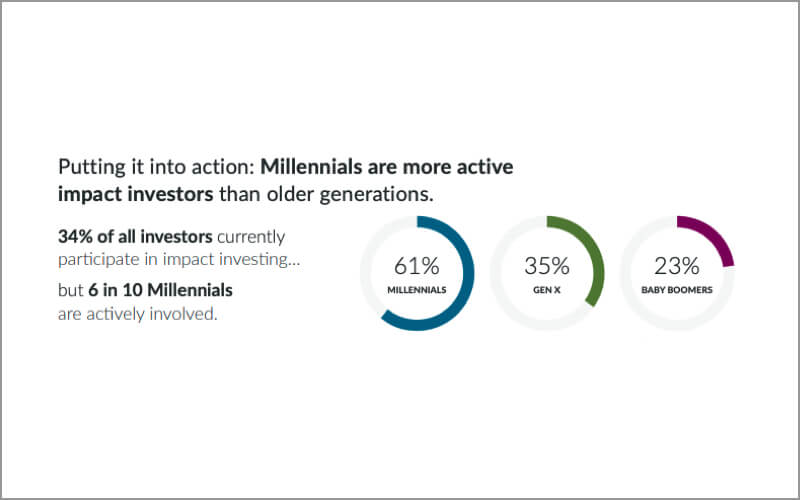By Sarah Richardson and Haley Aldrich
In 2012, Felix Baumgartner jumped out of a satellite from space to embody the adrenaline boost you can expect from Red Bull. Primarily, his achievement of breaking the speed of sound served as a solid marketing angle for the energy drink. Among college and graduate students today, this energy spike and the resulting ability to laser focus pretty much represent the Holy Grail. This desire is coupled with a relatively heightened sense of health and nutrition, so young people have shifted their beverage choices in this generation.
You probably noticed the similarity between our names and those of a couple Artemis partners. They wanted to hear something about how college students are thinking about food and nutrition these days, so we volunteered to enlighten them.
Sarah Richardson, a dual Master’s student in Public Health and Business at the University of Michigan writes:
At the UofM, water and diet soda are beverages of choice, with a persisting consumption of tea and coffee, as well. We hear about (and see) the striking decline of full-sugar soda consumption, and big manufacturers are expanding their product lines to include beverages that reflect current consciousness. As students of public health, of late we have increasingly discussed the intersection of policy, marketing and nutrition across several classes.
Energy drinks are one of the more prominent product lines. They’ve been around for a while, but in recent years, stunts like Baumgartner’s reflect a booming industry that claims youth as its target customer. One estimate casts a wide net by claiming that 11 to 35-year-olds are primary consumers, but others are more specific—e.g., assuring that college-aged males are the sweet spot. This is where we face a conundrum: It turns out that, while they are often viewed as healthy beverages, these products aren’t so great for you. A typical energy beverage boasts that gingko and ginseng are among its ingredients, but neglects to highlight the sugar content. Some researchers have also honed in on the potentially negative effects of high caffeine levels: a typical cup of coffee may have 100 to 150 milligrams of caffeine, whereas some energy drinks have over 500 mg.
We know that recent reports of hospitalization associated with energy drink consumption have prompted concern. As with many products, students are interested in being aware of such occurrences, but do they reform their own behavior as a precaution?
Haley Aldrich, a senior at Michigan State University studying Business and Marketing writes:
At MSU, among apparently health-conscious college students, caffeine has consistently been a study partner of choice. On college campuses students gravitate toward Starbucks and local coffee chains as studying hubs and a place to get their quick caffeine fix. Recent reports from sources like health magazines, blogs and others read by college students preach the negative effects of energy products, but often have some positive things to say about coffee and tea as caffeine sources.
Energy drink consumption, when it happens, is sometimes paired with alcohol. College bars near campus at Michigan State University actually have drink specials with or without some prominent name-brand energy beverages. Although many are aware of the health impact of energy drinks, it seems college students make exceptions. Sunday through Thursday midday is all about working out and eating healthy, and then the weekend comes. Thursday afternoon to Saturday often involves drinking, eating out and late night pizza or fast food. Go to the intramural gyms on a college campus from noon to nine during the “healthy” days, and one will find lines for treadmills and elliptical machines, and the majority of the machines and free weights in use. However, the gym is nearly empty on Saturdays.
Now, there are exceptions. When college students dislike coffee, they’ll drink energy drinks for a boost. But looking around a classroom at Michigan State, at least half of the students have a refillable water bottle, about a quarter have a coffee drink and just a small percentage may have an energy drink, if at all.
So it turns out we may be a generation that remains conflicted about our eating and drinking behavior even as we learn more about what’s good for us. This beverage analysis is just one slice of the pie—you might, for example, hear a student praising the organic ingredients in a jumbo-sized burrito that they are ordering, conveniently ignoring that the meal could account for a day’s calories.
Perhaps an encore blog may be in order.





As a person who is employed by a company with energy drinks in its product line (ahem…sugar-free), I found this an interesting informal study. While students’ healthy days followed by weekend binges seems a dichotomy, I see it as an effort to balance. There is always hope in balance. It is amusing that these women go to competing schools and have as parents, business partners. I would enjoy reading more from these talented ladies.
We agree with your wise words, “There is always hope in balance.” This applies to many things in life!